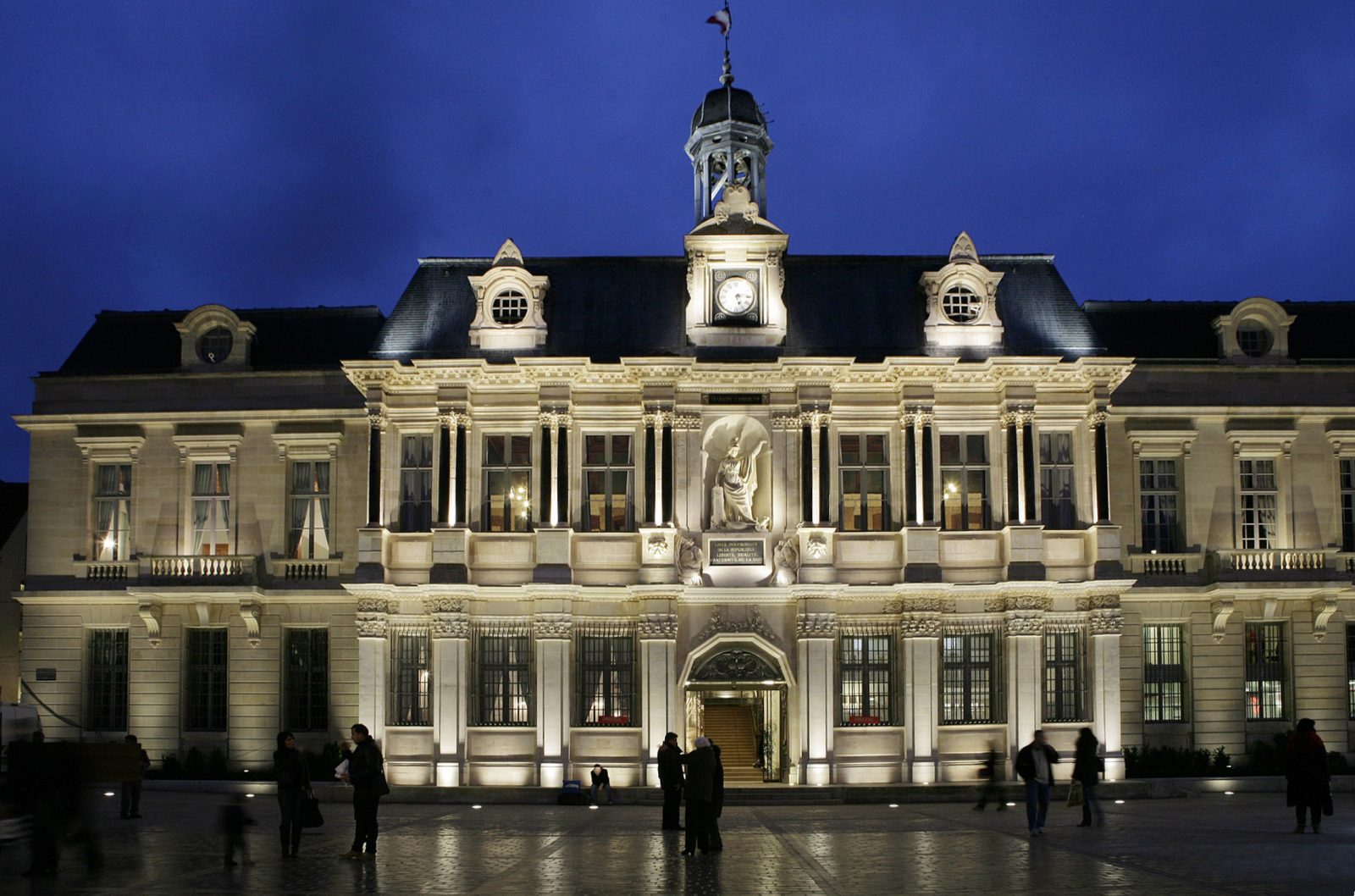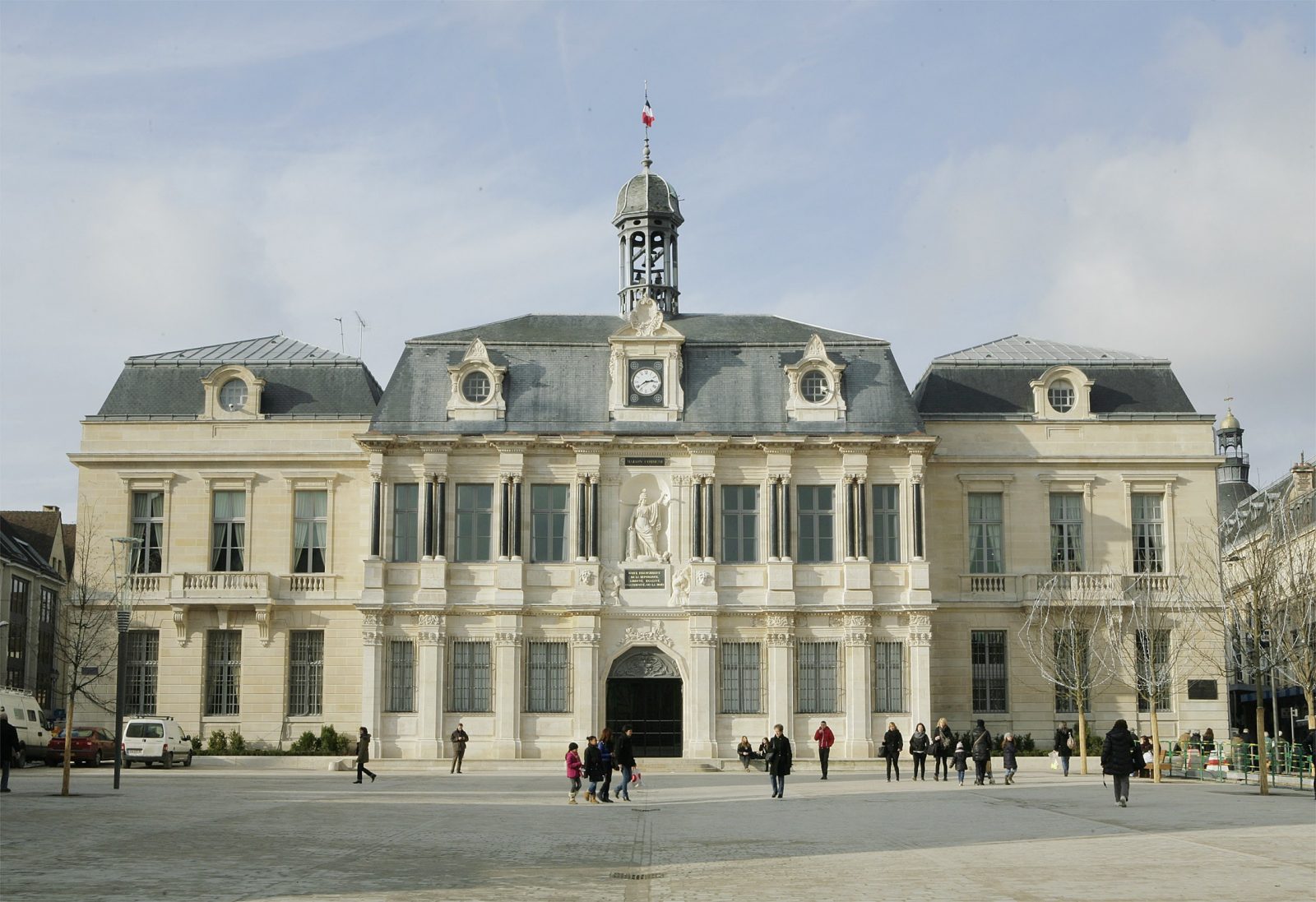About
In 1482, King Louis XII agreed to entrust the management of the city of Troyes to a mayor, assisted by aldermen.
These functions were performed by magistrates or merchants, usually on a voluntary basis. Troyes' first mayor was Edmond Le Boucherat.
Before him, a Consultative Council occasionally sat in various places in the heart of the city, such as the Saint-Pierre chapter or the former Cordeliers convent. In 1479, the Council moved out of this aristocratic district to take up permanent residence in the "corps du bouchon", renting a house near the church of Saint-Urbain, then called the Chambre de l'Échevinage, with a bell to call meetings.
In 1494, the Town Council bought the Hôtel de Mesgrigny, a large 15th-century building, and in the 17th century decided to build a new Town Hall. To this end, Louis XIII authorized the allocation of a small portion of the revenues from wine and salt taxes. The building was constructed gradually, and was not completed until around 1672. Two wings were added to the rear in 1933 and 1937 by architect F. Balley.
The central façade, with its blue Tournai marble columns, features a niche housing a helmeted Minerva, replacing a statue of Louis XIV destroyed during the French Revolution.
The monumental mantelpiece in the town council chamber is still adorned with a large wooden medallion bearing the effigy of this king, sculpted in 1687 by Trojan François Girardon (1628-1715).
Another memorable trace of the Revolution on the facade is the revolutionary motto that appeared on all French town halls at the time: "Unité, Indivisibilité de la République, Liberté, Égalité, Fraternité ou la Mort" ("Unity, Indivisibility of the Republic, Liberty, Equality, Fraternity or Death").
Rate
Gratuit
Services
Services
- Not open to the public

